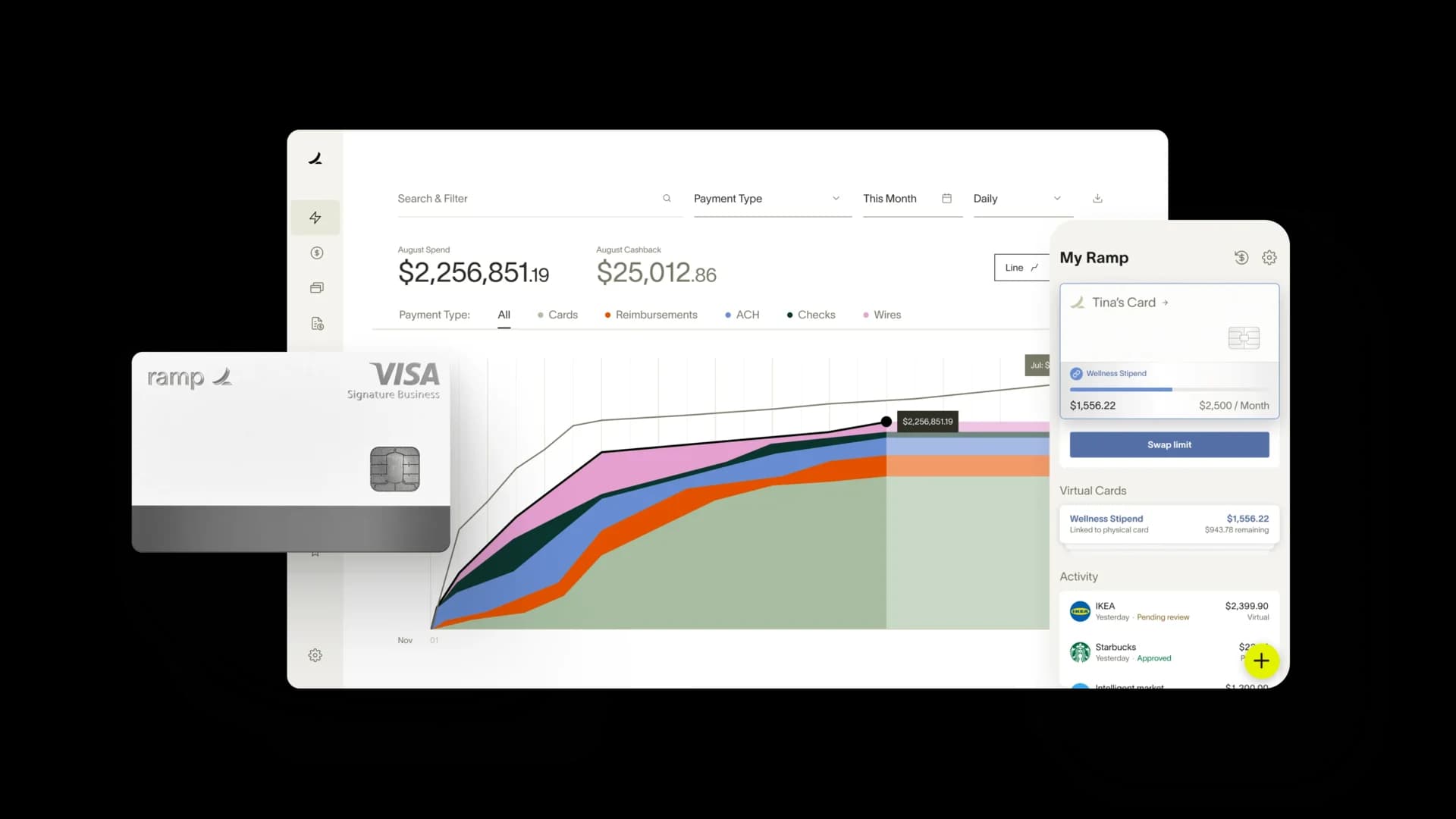North Carolina mileage reimbursement rates & calculator


North Carolina doesn't set its own mileage rates for private employees but aligns state employee reimbursements with IRS standards to avoid tax issues. However, even as a private employer, you should still align your reimbursement policies with IRS rates.
When you offer a fair mileage reimbursement to your employees who use personal vehicles for office duties, you are able to:
- Boost employee satisfaction and retention
- Ensure compliance with North Carolina's policy of using the IRS rate as the maximum reimbursement threshold for state employees.
Moreover, adopting fair mileage reimbursement rates prevents the risk of reducing an employee's wages below the state minimum.
North Carolina business mileage reimbursement rates
For 2026, you should reimburse business mileage in North Carolina at the IRS standard rate of $0.725 cents per mile, in line with state guidelines outlined in G.S. 138-6(a)(1). While this is not mandated by law for the private sector, doing so will keep your business out of legal trouble.
Here's a tabulated snapshot of the latest North Carolina mileage reimbursement rates per the IRS standard and year-on-year rate analysis.
| Tax Year | Business rate | Charitable rate | Medical/ moving rate |
|---|---|---|---|
| 2026 | $0.725 | $0.14 | $0.205 |
| 2025 | $0.70 | $0.14 | $0.21 |
| 2024 | $0.67 | $0.14 | $0.21 |
| 2023 | $0.655 | $0.14 | $0.22 |
| 2022 (Jul 1 to Dec 31) | $0.625 | $0.14 | $0.22 |
| 2022 (Jan 1 to Jun 30) | $0.585 | $0.14 | $0.18 |
| 2021 | $0.56 | $0.14 | $0.16 |
| 2020 | $0.575 | $0.14 | $0.17 |
Please note: You may reimburse your employees at rates above or below the IRS standard. However, any excess reimbursement over the IRS rate is subject to taxation as income.
North Carolina mileage reimbursement calculator
Here's a straightforward approach to calculating North Carolina mileage reimbursement.
- Choose the tax year for which you want to calculate
- Input the miles driven to determine how much money can be received in return.
North Carolina mileage reimbursement laws
Unlike some states, North Carolina doesn't have specific laws mandating you to reimburse mileage for private employees. However, it's important to align with certain state guidelines and federal laws—listed below—to avoid potential legal complications.
North Carolina's code G.S. 138-6(a)(1)
Under G.S. 138-6(a)(1), if you're employing state workers, you're legally obligated to reimburse them for mileage at a rate that doesn't exceed the IRS standard business mileage rate.
Here's what this code does.
- Ensures consistency and fiscal responsibility across state agencies
- Adheres to federal standards
Since compliance with this code automatically ensures compliance with federal standards, it's beneficial even for you as a private employer to follow the same – it will ensure that your reimbursement practices are fair and transparent.
North Carolina wage and hour act
The North Carolina Wage and Hour Act primarily governs minimum wage and overtime. However, it also has implications for mileage reimbursement.
Specifically, the act implies that if failing to reimburse an employee for necessary expenses, such as mileage, results in their earnings falling below the minimum wage of $7.25 per hour, you could be in violation of state law.
North Carolina mileage reimbursement laws vs federal regulations
In comparing North Carolina state laws with federal regulations, it's important to note that while the Fair Labor Standards Act (FLSA) doesn't mandate mileage reimbursement, many employers choose to follow the IRS guidelines for business mileage reimbursement.
In North Carolina, aligning with these federal guidelines is a sound approach, as the state doesn't impose additional mileage reimbursement laws but expects compliance with federal standards. Here's how this alignment can benefit your business.
- Prevents potential tax issues
- Helps maintain fair and equitable compensation practices
- Ensures employees are fully compensated for any expenses incurred during their work duties
Switch to automated mileage tracking with Ramp
While North Carolina doesn't have specific laws that require you, as a private employer, to reimburse mileage to your employees, adhering to the IRS standard rate and reimbursing is a very smart business move. Here's what it helps you do.
- Keep your business compliant with the Wage and Hour Act.
- Protect your business from disputes or legal claims based on unfair labor practices.
- Make your employees trust you for fair compensation.
- Encourage employees to focus more on their jobs and less on worrying about finances.
Want to automate your mileage reimbursement process? Ramp can help you.
Ramp’s expense management software streamlines and simplifies your mileage reimbursement process. It ensures you stay aligned with IRS standards while making reimbursement hassle-free. Automate these tasks and mitigate manual mileage logging errors.
See how Ramp automates expense and mileage tracking for 50,000 businesses












